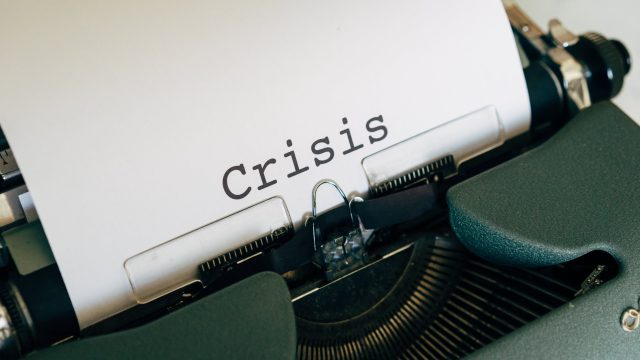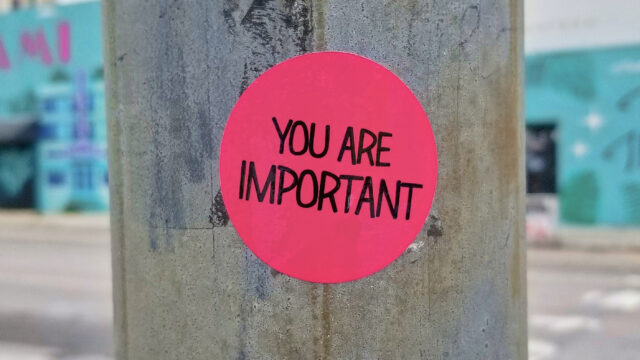At the end of every year, there is always quite a bit of talk about setting New Year’s resolutions. We are encouraged to set new goals, establish new rituals, develop healthy habits, and generally reinvent ourselves. A study by Inc.com determined that five of the most common resolutions of 2020 were to:
- Lose weight/diet
- Exercise
- Improve mental health
- Spend more time with family/friends
- Be a better person
In that same study, it was found that over 60% of us set resolutions and that less than 8% of us actually achieve them.
As a Certified High Performance Coach™, part of my job is to help others identify their needs and wants, establish methods for achieving those goals, and to help motivate and inspire. But the truth is, even I have to recalibrate myself when it comes to achieving personal resolutions. This is because we often fall into a simple trap of stating what we want to accomplish, but not really articulating and planning how and why we want to accomplish our resolutions.
On its own, a resolution is simply an established intent to do or not do something. I intend to lose weight. I intend to find a job that inspires me. I intend to spend more time with family and friends. These are outstanding intentions. But there is a reason why most of us fail to live up to our objectives.
Thomas Edison once wrote, “A good intention, with a bad approach, often leads to a poor result.”
Most resolutions we set are based on our past experiences rather than future dreams. This is a powerful notion. It is far easier to tap into and garner inspiration from what we have done than what we hope to do. This is exactly why I prefer to encourage people to draw inspiration from what they know best—their past self.
Below are five simple steps to achieve the goals you set.
1. Let the Old You be an inspiration.
Many of our goals are based on experiences from our past. We remember what it is like to feel healthier and this is why we want to lose weight. We have fond memories of socializing with family and friends and this is why we want to make that happen more often again. We recall when we were younger and had less responsibilities and worked on things we were passionate about and that is why we want to find a new job that inspires us. Allow yourself the luxury of those memories and passions. Harken back to when you were less stifled. Remember that you were happier, healthier, and more motivated. If the old you was able to embrace those feelings, then the current and future you can as well. It is not about establishing new habits and goals. It is about reestablishing those that you let go.
2. Answer the WHY.
This is even more important than the what. Every time you set a resolution for yourself, finish the sentence with the why. This will be your true motivation. This is your personal reminder of the value and purpose of your goal. I want to lose weight because … I want to be a better person because … I want to change jobs because … Achieving a resolution is not easy. It takes time, focus, and dedication. And there are always going to be roadblocks. And at the end of the day it is on you whether or not you accomplish your resolution. Having a clear why as self-motivation when we run into challenges is a necessary tool to help you push through rough times.
3. Identify the HOW.
A resolution without a plan is simply words. Regardless of your goal, the best way to make sure you put yourself on a path to success is to clearly establish the how. What is your plan or process? Like the why, you need to finish the sentence for how. I am going to exercise more by getting up thirty-minutes earlier every morning. I am going to eat healthier by cooking for myself rather than eating out. I am going to spend more time with family and friends by hosting potluck once a month. The how gives teeth to our resolution. It takes it from being a dream to an achievable goal.
4. Accountability & Celebration.
This is not a new concept, but it is a valuable one. Ultimately, you are only accountable to yourself. And we are great at making excuses. Especially when we do not have to face those excuses head on. First, write down your resolution(s). Next, write down the how and why. Third, keep a daily journal of tracking your progress on the how. Are you getting up early every morning? Are you cooking more for yourself? When we fall short, we need to see it. Conversely, when you do well, you need to celebrate your progress.
5. Don’t Establish an Endgame.
No matter what you stated resolution is, there really should never be an endgame once you answer the why. If you want to save money because you love to travel, don’t stop saving once you go on your first trip. Keep saving and go on more trips because you love to travel. If you start cooking for yourself because you want to be healthier, don’t stop once you lose 10 pounds. Keep cooking for yourself because you want to keep being healthy. A resolution is about healthy habits. And healthy habits never need to stop.
To learn more about The BUILD Framework® – get a free copy of my book at https://johnpeitzman.com/free.







